Tax refunds can provide a large financial relief, particularly for healthcare workers who have certain costs associated with their line of work. Healthcare workers in the UK, including physicians, nurses, physiotherapists, and many more, could be able to claim Tax Rebate on expenses like transportation, professional fees, as well as uniforms.
Complying with HMRC requirements while reclaiming money owing to healthcare workers is ensured through knowledge of the procedures for requesting a tax rebate. This article offers a comprehensive reference for the HMRC healthcare worker tax rebate that covers eligibility, claimable expenditures, the claiming process, & helpful hints for manoeuvring the tax rebate system for medical professionals working in the UK.
Comprehending Tax Rebates
If you have overpaid taxes in a certain fiscal year, you will receive a tax rebate, sometimes referred to as a tax refund. A lot of healthcare employees incur overpayments as a result of work-related expenses for which their employers do not completely reimburse them. HMRC (Her Majesty’s Revenue and Customs) will reimburse these expenses if the taxpayer satisfies the requirements for tax relief.
Maintaining accurate documentation and determining whether costs qualify for a tax refund are essential. Your situation will determine how much you are eligible to recoup, but not filing a claim entails leaving money which is legally yours on the table.
Qualification Standards for Medical Professionals
Not every healthcare provider is qualified for a tax refund by default. Finding out if you qualify for any of the relevant categories is the first step. The majority of healthcare employees who have expenses relevant to their jobs are eligible to apply; nevertheless, eligibility will depend on particular roles along with the kind of expenses they spend.
You likely qualify for a tax refund if you:
- Are working in a healthcare capacity where you have to cover some work-related expenses out of your own money.
- Maintain your uniform, join organisations for professionals, and cover any travel costs that your employer does not fully cover.
- Are using the Pay As You Earn (PAYE) tax payment scheme.
Healthcare professionals who operate for themselves might be eligible for deductions for work-related expenses; however, since they manage their taxes via self-assessment, the procedure is a little different.
How to File a Tax Relief Claim
A Comprehensive Guide to What You Can & Cannot Recover:
What Is Allowed to You:
- Maintaining, mending, or swapping out protective gear like boots or uniforms.
- The real price paid for these things, as shown by receipts, or a preset sum that HMRC has set in advance.
What Is Not Up For Grabs:
- Personal Protective Equipment (PPE), since this can’t be tax deductible and needs to be supplied by your employer.
- General attire that isn’t tailored to your line of work.
Particular Demands Made Upon Nurses and Midwives:
In addition to the general uniform expenses, nurses and midwives are eligible to submit claims for replacement of necessary items that are integral to their uniform, such as pants, socks and shoes.
How to Effectively Claim Your Tax Relief:
- Required Documentation: Collect any pertinent invoices and spending logs.
- Online Claims: For a speedy procedure, use the HMRC online facility here.
- Postal Claims: Apply the P87 form, which is obtainable here, if the claim exceeds £1000.
- Phone Claims: For expenditures under £1000 in total, contact the HMRC hotline at 0300 200 3300, or from outside the UK, +44 135 535 9022.
Which Costs Are Eligible for Tax Exemptions?
Specialised Equipment and Attire
There are no tax deductions for work-related everyday apparel. HMRC, nevertheless, provides flat rate expense allowances for some industries, including maintenance of tools and specialised work clothing. These apply to branded apparel and uniforms. You may submit a claim for the upkeep of work clothes and tools, but not for the original purchase. The flat rate system offered by HMRC makes filing claims easier, but if you’re claiming real costs, you ought to preserve your receipts. An ordinary £60 is available to healthcare workers each year for the upkeep of speciality apparel.
Working from Home
Should your company mandate that you work remotely, you may be eligible for tax exemption on supplementary living expenses. “Required” denotes that your employer does not have an office or you happen to live too far away to attend. You cannot, nevertheless, assert that it is because of COVID-19, your choice, or the occupancy of the office. Calls made on business, as well as utilities for your workspace, are acceptable costs. Items employed for both individual and corporate use, such as internet or rent, are not eligible for reimbursement.
Expert Charges and Membership Costs
If paying professional fees is a requirement of your job, you may qualify for tax relief on them in addition to annual memberships to approved professional organizations or learnt societies, if membership in those organizations is important to your work (e.g., GMC, MPS, BMA, & MDU). You are not eligible for tax relief if the expert organization is not on the HMRC list of recognized entities.
Final Words
As a healthcare practitioner in the UK, you are entitled to a tax rebate as a valuable financial incentive to help defray costs associated with your job. You can recover money which is legally yours by comprehending the requirements, maintaining thorough records of your spending, and submitting your claim properly.





